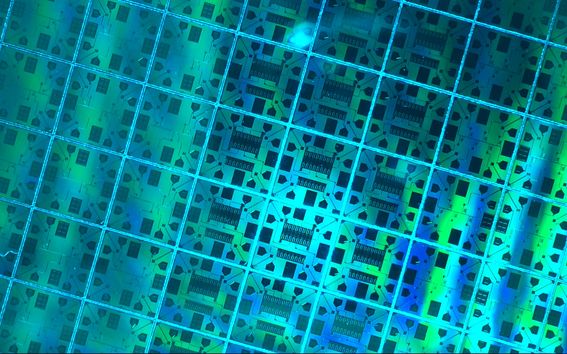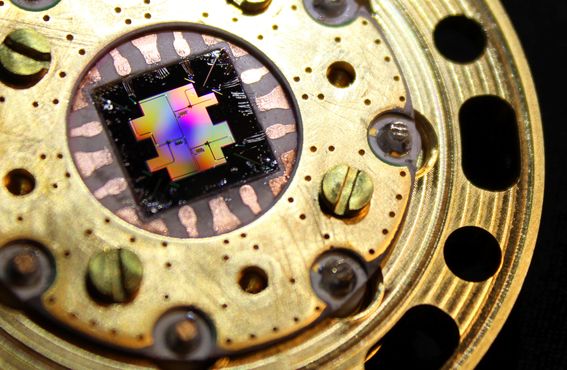Aalto quantum computing spinout secures €11.45m in funding

Making quantum computing available outside the lab requires finely tuned hardware that is robust, practical and cost effective. IQM Finland Oy (IQM) – a new tech startup from Aalto university– have secured €11.45 million to develop their internationally acclaimed academic research into products for the market.
The startup—a spinout fromAalto and VTT Technical Research Centre of Finland—is developing hardware systems to enable the world’s first scalable quantum computing solution. The team has already pioneered breakthroughs that influence computational speed and accuracy, such as heat management. The innovations establish IQM as an emerging hardware leader in the race to develop a quantum computer for practical applications.
“IQM is founded on innovation that’s already taking quantum technology across new frontiers. Thanks to the support of Aalto and VTT, we moved fast to drive advancements at the system level to make quantum technology viable, practical and cost effective,” said Dr. Jan Goetz, Co-founder & CEO of IQM and a researcher in the Department of Applied Physics at Aalto.
Quantum computing will revolutionize industries like drug discovery, materials science and finance by solving complex problems in hours instead of years. Although in its infancy, the industry could reach US$2-5B in the next five years. In ten years, it could soar to US$50B, according to a recent BCG analysis.

The company just closed a US$12.6M seed round, backed by Matadero QED, Maki.vc, MIG Funds, OpenOcean, Tesi (Finnish Industry Investment), and Vito Ventures. Fund executives include global semiconductor experts and entrepreneurs who will help IQM to build infrastructure, recruit talent, and expand collaborations with ecosystem partners. MIG Partner Dr. Axel Thierauf will become Chairman; Ekaterina Almasque, a Partner with OpenOcean joins the board.
”Quantum computing will provide limitless opportunities in areas like AI, cybersecurity and chemistry. And although the worldwide field of quantum experts is small, IQM has managed to assemble a remarkable team. We are proud to champion the company as they write new rules for this revolutionary computing category,” said Ilkka Kivimäki, Partner at Maki.vc.
IQM’s founders connected through their research at Aalto and VTT. All hold PhDs in quantum physics and are experts in superconducting quantum processors. Aalto and VTT were natural incubators for IQM. Both are world-renowned for their research in superconducting circuits, and more recently, quantum technology. Superconducting circuits power the quantum bits (qubits) that hold and process quantum information. Qubits represent the building blocks of a quantum computer.
“Our headquarters in Finland—a hub of quantum research—is a powerful differentiator for IQM,” says Prof. Mikko Möttönen, Co-founder & Chief Scientist of IQM and Founder of Aalto’s Quantum Computing Devices (QCD) Group. “It gives us access to technologists doing ground-breaking work, and puts us close to institutions offering fabrication facilities with cutting-edge process technologies that we will use to develop our products.”
Now, with its hardware innovations, the company aims to demonstrate the fastest qubit reset and readout in the industry, and bring a practically useful quantum computer closer to reality.
Read more news

Hanaholmen’s 50th anniversary exhibition lives on online – making the history of Finnish–Swedish cooperation accessible worldwide
MeMo Institute at Aalto University has produced a virtual 3D version of the anniversary exhibition of Hanaholmen.
Stop applying for jobs and build your own startup instead at Ignite
Applications for the Ignite summer accelerator program 2026 are open. Apply by March 8.
Environmental Structure of the Year 2025 Award goes to Kalasatama-Pasila tramway
The award is given in recognition of meritorious design and implementation of the built environment. Experts from Aalto University developed sustainability solutions for the project.






